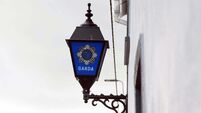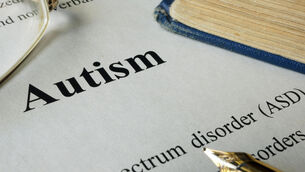Q&A: Key questions on the nursing home refund controversy

On Sunday, it was reported that successive governments before 2011 and up to the present day devised and have applied a strategy to deny refunds to people who were 'illegally charged' nursing home fees. File picture: Leon Farrell/RollingNews.ie
The Government is under fire after allegations that the State over many years has pursued a deliberate policy of denying refunds to patients “illegally” charged nursing home fees.
The matter has dominated the political agenda since the first reported on “secret” internal Government documents which detailed the strategy to minimise the cost to the State.










